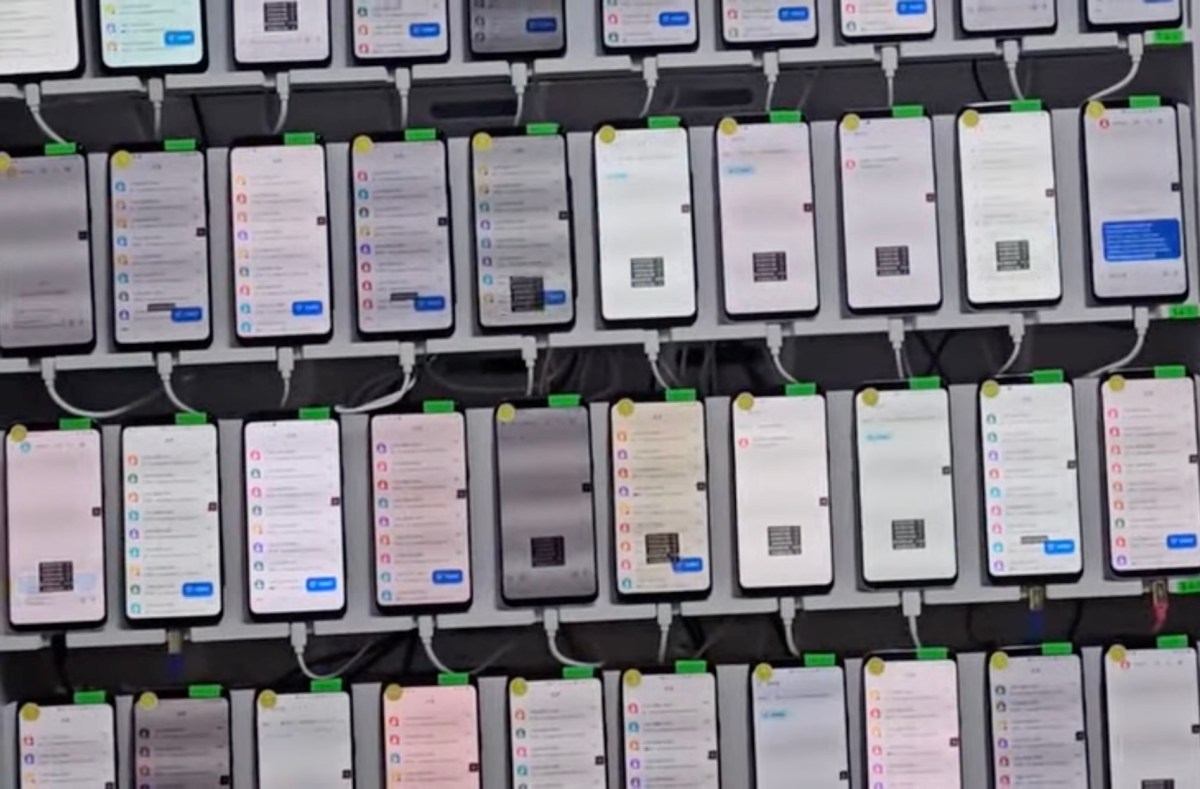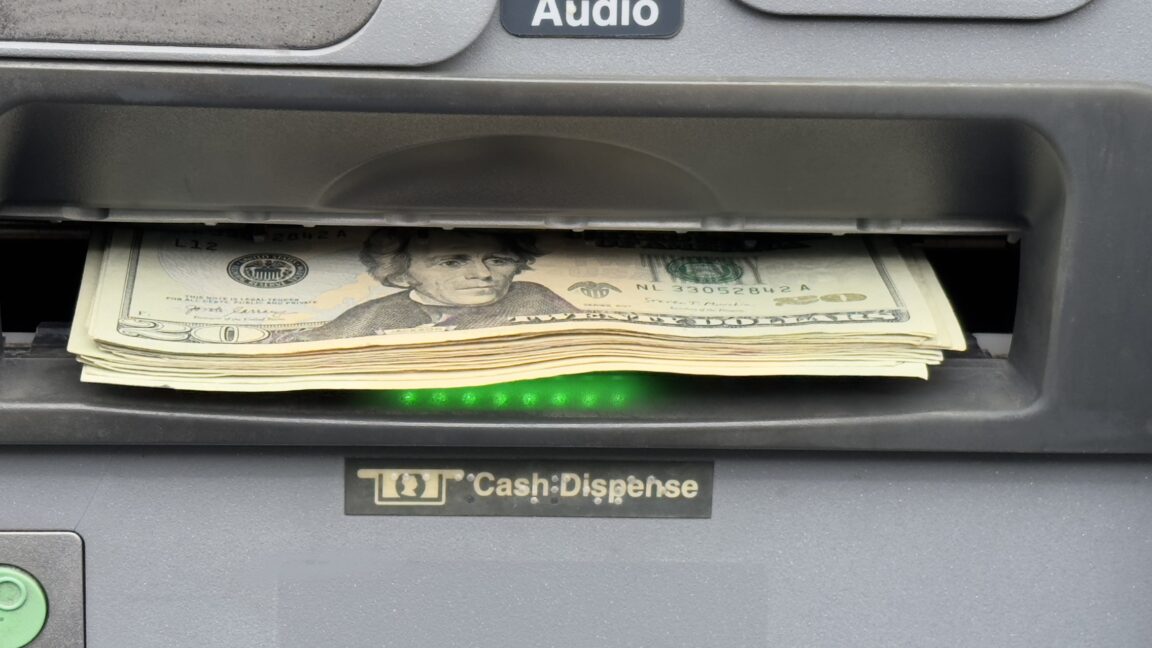New SMS Scam Operation Surfaces Post-Unmasking of Previous Operator

With cell phone users globally, especially in the U.S., plagued by scam text messages about unpaid tolls or undelivered mail items, a notorious scamming operation has been identified. This scam, though simple, lures unsuspecting individuals by mimicking genuine notifications. Victims are directed to phishing pages where they unwittingly enter their credit card details, which are then exploited for fraudulent activities.
Between 2024 and early 2025, this scam operation reportedly stole 884,000 credit card details, causing enormous financial losses to individuals. The creator of the scam software, known as Magic Cat, was eventually unmasked due to a series of operational security lapses. Behind the alias Darcula was a 24-year-old Chinese national named Yucheng C., as revealed by the Oslo-based security firm Mnemonic and Norwegian media.
Following this revelation, the scam operation went silent, but not for long. A new scam, called Magic Mouse, quickly emerged, capitalizing on the void left by Magic Cat. Harrison Sand, a security expert at Mnemonic, noted that Magic Mouse gained enormous traction, particularly in credit card theft operations.
Investigation revealed photographs within a Telegram group managed by Darcula, displaying the setup of this scam operation―rows of payment terminals and racks of smartphones automating message dispatch to victims. Magic Mouse reportedly steals around 650,000 credit cards monthly, leveraging the phishing kits originally popularized by Magic Cat.
Despite the severity of these operations, law enforcement largely overlooks the broader scheming, leaving tech and financial companies to bear the brunt of managing and preventing such scams. Sand advises recipients of suspicious texts to be wary and advises ignoring them.
The ongoing evolution of these scams underscores the need for vigilance and proactive measures from both technology companies and consumers to curb the future success of such fraudulent operations.



